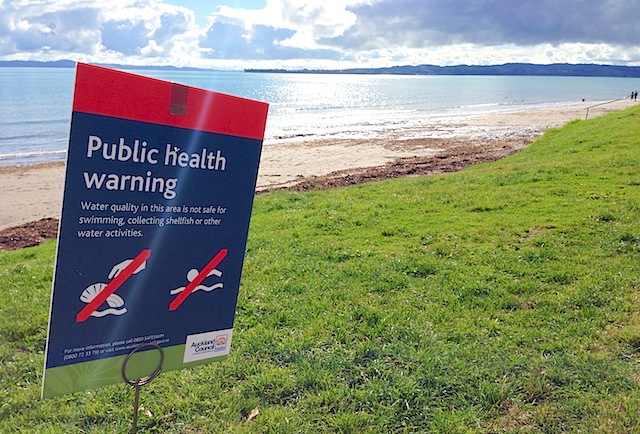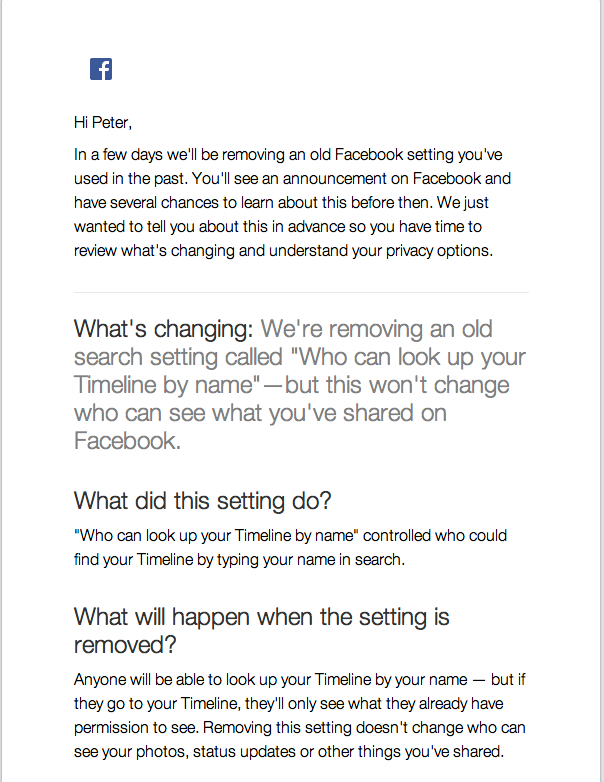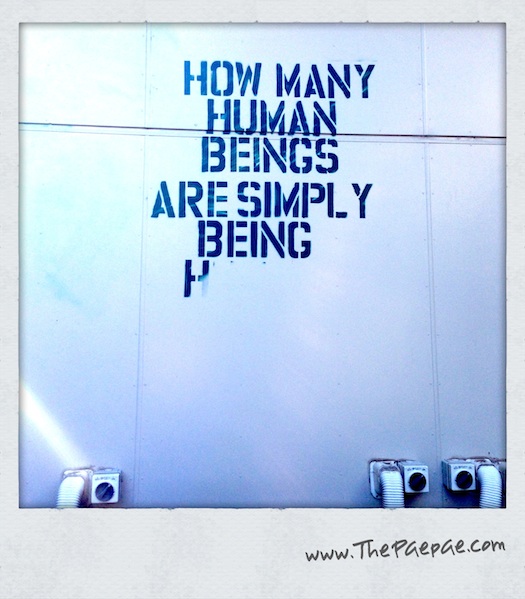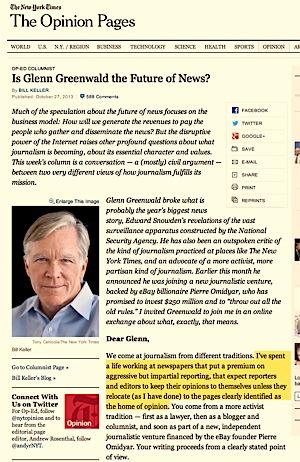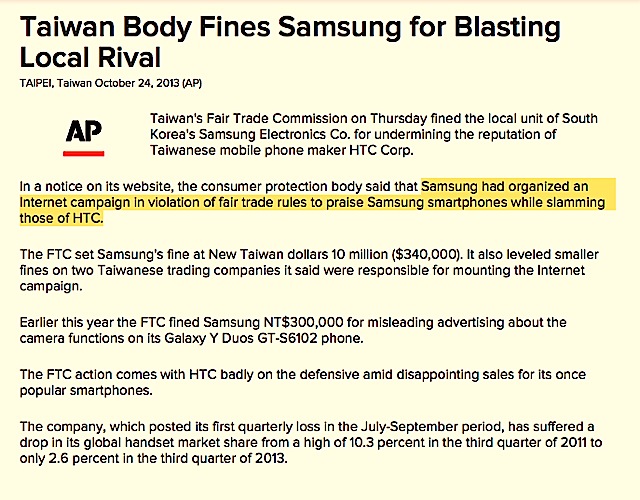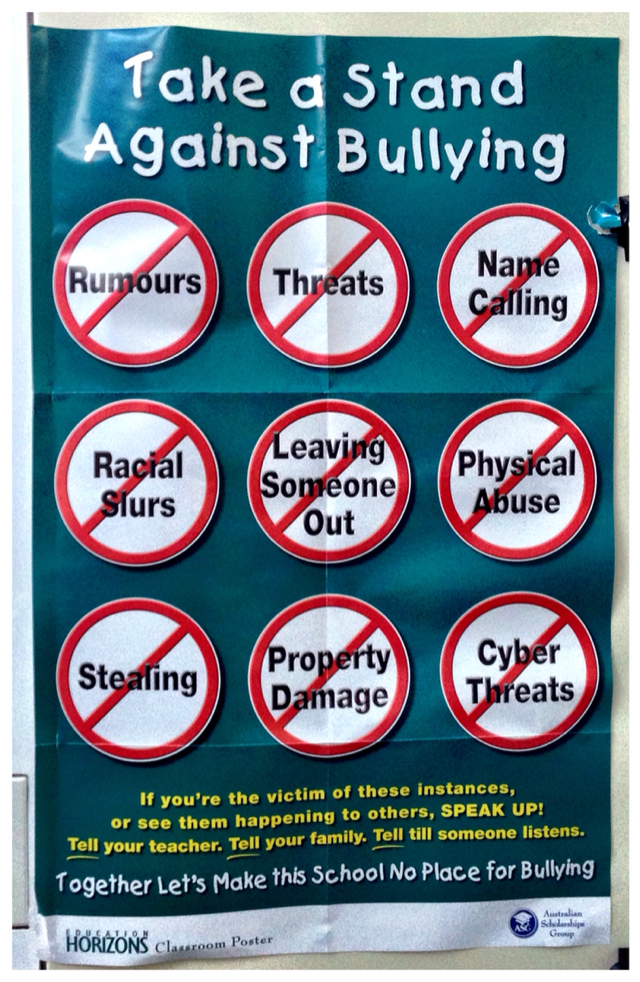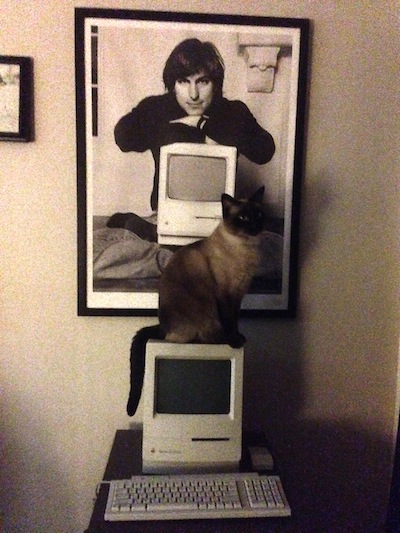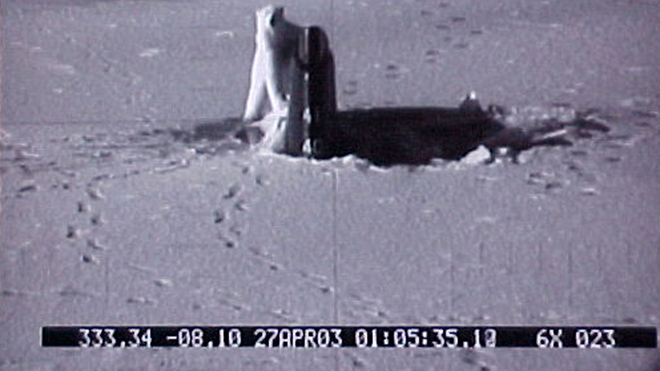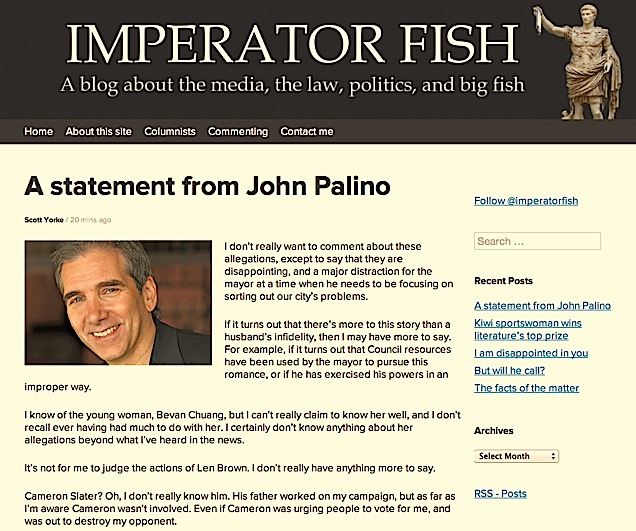From the Otago Daily Times
The death of the leading criminal defence lawyer Greg King was a wake-up call over the pressures facing some defence lawyers, Prof Mark Henaghan said yesterday.
Prof Henaghan, who is dean of the University of Otago Law Faculty, was commenting yesterday at an outdoor memorial service on campus, attended by about 50 people, including several senior Dunedin lawyers.
At the early evening service honouring the memory of Mr King, an Otago law graduate, a kowhai tree was planted near the Water of Leith to mark the occasion.
The Society of University of Otago Law Students said it had organised the event to honour one of the most esteemed graduates of both the faculty and the university.
The coroner found in October that Mr King’s death in Wellington in November 2012 had been self-inflicted. And a note left by him described being “totally burnt out” after taking on so many criminal defence cases.
I read that Greg King took his own life after suffering what the coroner’s report called a “massive breakdown”, describing his own state in his suicide note as “exhausted, unwell, disillusioned, depressed and haunted”.
It really saddens me to think of one of our country’s brightest lawyers coming under such strain and pressure, and seeing no way out. Terribly sad.
My heart goes out to Greg King’s family.
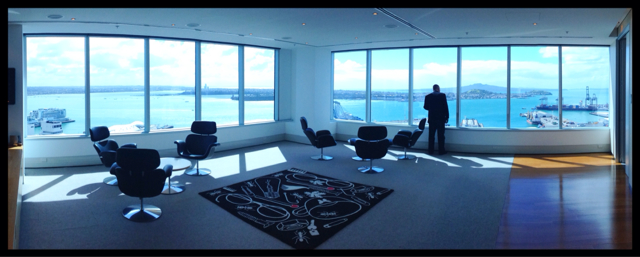
The real ‘costs’ of litigation
Having myself been involved in pursuing a civil litigation in the past (for copyright infringement) I know it can be stressful (and expensive) for the parties involved … but I had not seen it as such for the lawyers.
With all due respect to lawyers (and no reflection on Greg King) there’s something about the way the system works, particularly in civil litigation, that sometimes sees legal professionals emerge as the only ‘winners’ in a dispute — their clients milked of whatever fees can be wrung out of them, the parties exhausted and disillusioned.
By a drip-drip-drip, lawyers bill their clients. Fair enough. Sometimes the process is necessary and even educational. I learnt the word ‘lacuna’ from one of my lawyers, when he was describing why the (relatively) quick-and-easy legal strategy we’d initially decided on might possibly not work … putting us on a more expensive path. Rats!
Clearly, there’s far less at stake in a civil dispute than there is in a murder case of the sort Greg King specialised in, or even, say, in a ‘white-collar crime’ case (e.g. fraud, embezzlement, criminal deceit, conspiracy, using a document to deceive, etc.) … those cases the Financial Markets Authority, the Serious Fraud Office, and the Commerce Commission have been pursuing with such élan lately in their ‘clean up’ efforts.
There must be enormous stress in a court prosecution, where the defendant doesn’t have the option available in most civil disputes: reaching a settlement agreement to shut things down.
Continue reading →
